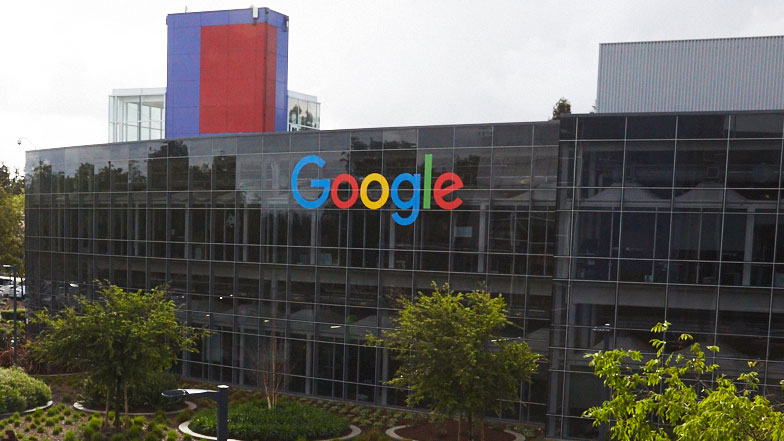Google is fighting fake news in search — here's how
The search giant will push down misleading web pages

Sign up for breaking news, reviews, opinion, top tech deals, and more.
You are now subscribed
Your newsletter sign-up was successful
From Facebook to Wikipedia, internet organizations are focusing efforts more than ever before on cracking down on fake news, or poor-quality web content that typically spreads through misleading, often offensive headlines.
Google is yet another titan of the 'net looking to cut down on fake news, and today it announced a plan to improve its search algorithms to deliver more accurate, reliable results to users.
The first step in Google's plan is a change made last month to its Search Quality Rater guidelines — a list of red flags used by Google's human evaluation team.
The team will assess the quality of the search giant's algorithms using the updated guidelines, which now include watching out for results containing "misleading information, unexpected offensive results, hoaxes and unsupported conspiracy theories."
Google is also altering its search parameters to give priority to "more authoritative" sources over lower-quality or unfounded web pages — an effort Google says will prevent scenarios like one that happened late last year, when an article denying the Holocaust preceded all other results for "did the Holocaust happen".
Feedback loop
In addition to tweaking its search algorithms to prioritize more credible content, Google is also adding feedback tools to help improve an often overlooked part of the company's search features: autocomplete.
We've all seen our fair share of auto-fill phrases going in a bizarre direction after just a few words, but some intentionally misleading ones can potentially divert a user away from more relevant search queries.
Sign up for breaking news, reviews, opinion, top tech deals, and more.
To fight this trend, Google is allowing users to report autocomplete suggestions that are either offensive, inaccurate, or just plain irrelevant to the intended search.
Google plans on adding the same reporting features to also allow users to flag inappropriate Featured Snippets — those little blurbs at the top of a search that save you the effort of clicking through any links, such as when looking up a basic definition or a celebrity's age.
According to Google, the site sees searches numbering in the trillions each year, with 15% of searches made each day being entirely new. This means that Google's experimental plan to combat fake news may take a while to have an effect, though we're taking Google's side that this cause is worth the effort.
